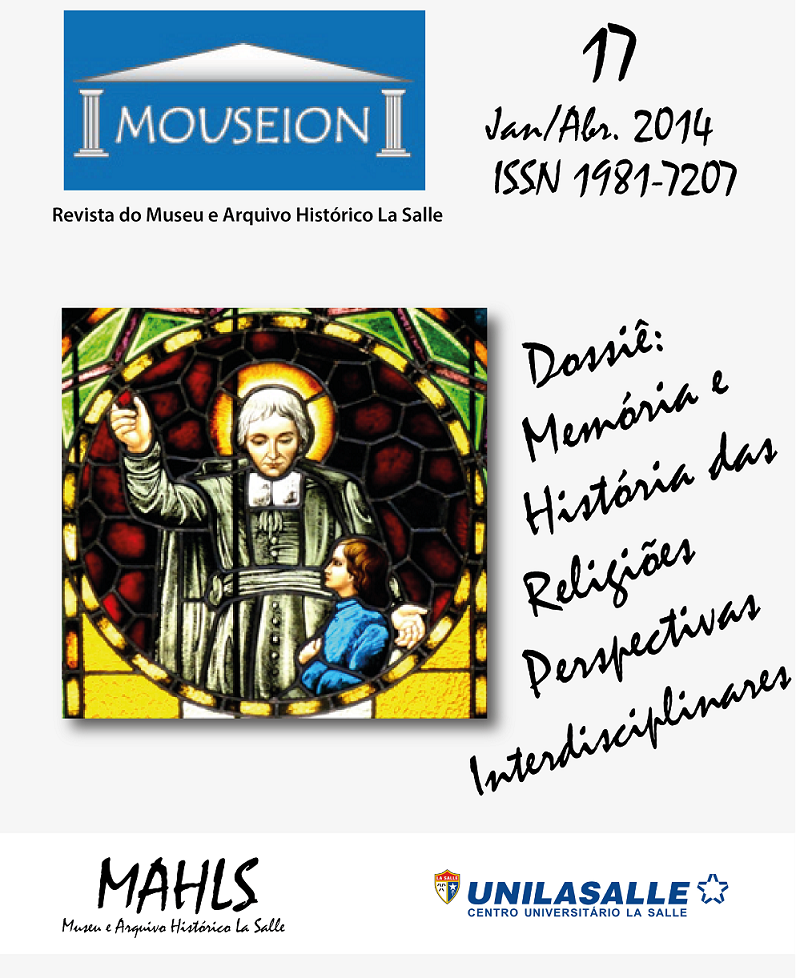João do Rio and the history of african-brazilian religions
DOI:
https://doi.org/10.18316/1589Keywords:
João do Rio, History of Religions, African-Brazilian Religions, Rio de Janeiro, First RepublicAbstract
The article aims at presenting João do Rio and his contribution to the study of the History of Religions, in particular the Afro-Brazilians. The historical approached refers to Rio de Janeiro, of the first Republic, as the space and time of production of the work The Religions in Rio (1906), used here as a historical source. The text is divided into five moments: first we will place the issue of study within the field of History of the Religions. Secondly, we will present the "social place" (CERTEAU, 1982) of João do Rio, to handle the urban reorganization of Rio de Janeiro, because of the advent of the Republic and the social and cultural transformations due to the process. Thirdly, when working with the source, we will demonstrate how the theme of the religions emerges in the writings of Joao do Rio; and for the next moment to analyze, considering the way the Afro-Brazilian religions are treated in The Religions in Rio. Finally it is expected to demonstrate that the study of the work, articulated by its context of production, help us think not only the presence of Afro-Brazilian religious beliefs in Rio de Janeiro from the early 20th century, but also, as the Brazilian intellectual thought positioned itself and represented such demonstrations.
Downloads
Published
Issue
Section
License
Authors must submit their manuscripts to be published in this journal agree with the following terms:
Authors maintain the copy rights and concede to the journal the right of first publication, with the paper simultaneously licensed under the License Creative Commons attribution that permits the sharing of the paper with recognition of authorship and initial publication in this journal.
Since the articles are presented in this journal of public access, they are of free use, with their own attributions for educational and non-commercial purposes.


